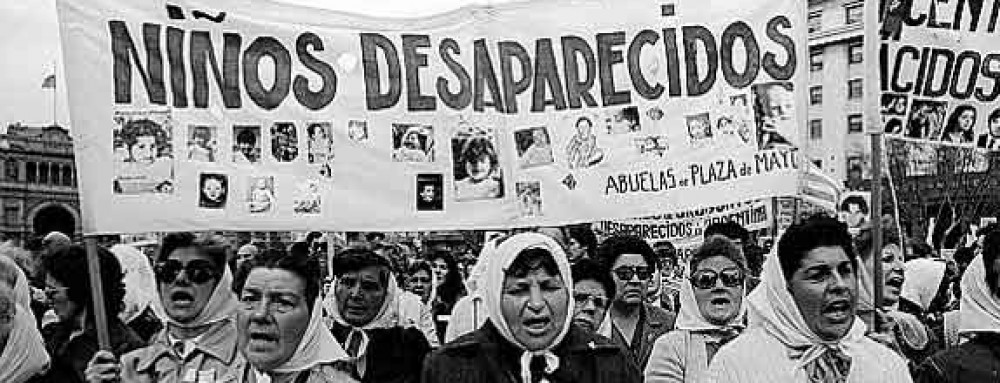¿Viste?
“Muitas vezes o coraçãonão consegue compreenderO que a mente não faz questãonem tem forças pra obedecer”
Seu Jorge
The first week
I think the best way I could describe my first week in Buenos Aires is as if it were a Scooby Doo villain: it’s felt like 30 days squished under a big trenchcoat made to look like 5 instead. Who does that make me, then? Velma, I hope.
Argentina is a lot like a lot of other places — something I was talking about with Rachita. We came to the conclusion that it isn’t necessarily that the rest of the world is by chance familiar, but it’s that the US is so extremely different from other places. I think this applies particularly to the Global South. Each day, I find little puzzle pieces I once only associated with Rabat or Sarajevo here in Cordoba: the kinds of tiles the sidewalks use, the way the trees line the riverfronts, the kinds of little sandwiches that kiosks sell. Sure, they’re little things, but they build off each other into something greater.
The Supermarket & E.
Yesterday, we stopped into a supermarket to get food and drinks after everyone got in. I got to talking to one of the people who works behind the counter (we’ll call her E), and I recited the little paragraph I have written on the whiteboard in my head:
- Yes, we’re foreigners from this city in the American South. You might know it, we came up with Coke!
- Not all of us speak Spanish, but we’re all sweet people and we’re very excited to learn about Argentina.
- I’m here to learn about the “Dirty War” (made dubious with my intonation), and compare it with my family’s experiences in Chile under Pinochet.
It’s the third point that draws the reaction I’ve come to expect: the slight, but quick withdrawal from the conversation. Our talk is no longer about what E may be able to offer, but instead polite ways of saying “I don’t want to talk about that”. I’ve found that the most common way is for folks to tell me “ah well, I wouldn’t know about that” — which I still appreciate.
Internalized trauma across the world
E’s reaction was one I’ve heard talking to illegally-detained inmates at an ICE facility in Georgia, families of anti-monarchists in the Rif, and survivors of genocide at Srebrenica, Bosnia. Talking about human rights abuses that you personally faced may be emotionally taxing for anyone who experienced them — with many only being able to speak “candidly” about them decades after the fact.
The effects of these periods of terror live on not only with those who directly experienced them, but also in the next generations as they learn and grow from their parents — something certainly present in Argentina, but by no means unique to it. In lieu of knowing specific Argentine experiences, I’ll recall those described by my own family from Chile. Losing your childhood friends to night-raids and kidnappings means that you don’t feel safe going out at night anymore. Knowing your neighbors’ lives were taken at stadiums in your neighborhood means you don’t want your kids playing soccer down the line. Their fears, however complex or specific, can become internalized in the ways the next generations relate to the world around them.
No monoliths, except for the one in BA
There is no monolithic experience to describe the Argentine experience with the trauma of the State Terror, just as there is no singular way to describe any other community’s processes of grieving and resilience. From what I see so far, Argentina is a lot like the US: these years are far from forgotten thanks to the vigilance of survivors most affected by this repression, yet national dialogue is profoundly focused on the “present” and “future”. We all are approaching a boiling point where we will repeat the same cycles of violence and repression unless we properly confront our past — but it is not in the interest of the ruling elite to sacrifice their wealth or comfort to do so. Thus, these traumas continue to affect the most vulnerable and without intervention, will contribute to a larger scheme of socioeconomic violence which seeks to ensure the poorest will be indentured to the most wealthy.
Looking ahead
I look forward to my time here in Argentina, even if it is with a heavy heart. I know that the only way to be prevent genocide, civil conflict, and human rights violations is to first be knowledgeable, and then to be vigilant with that knowledge.

